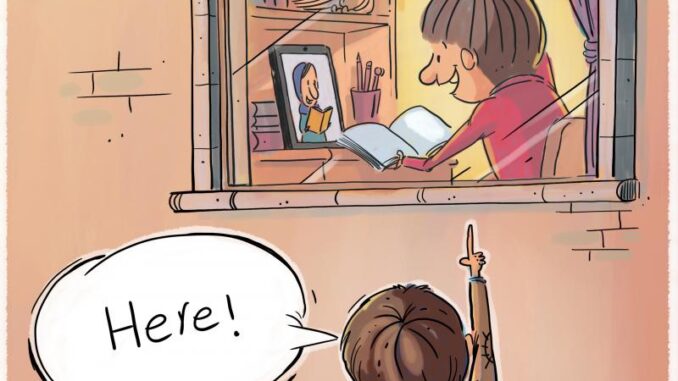
By Darlene Arvelo
Critical theory is an interdisciplinary field that seeks to critique and challenge societal structures, ideologies, and power dynamics. While critical theory has made many contributions to social justice, it also faces several self-reflecting accessibility barriers. Ironically, critical theory, a field that has built its foundation on the experiences of marginalized communities, undermines its mission of challenging systems of oppression and amplifying voices from the margins by being woefully out of reach for these same communities.
These barriers prevent people outside of academia from accessing critical theory, and similar scholarly analyses manifest in several ways. These limitations, both structural and cultural, often make it difficult for marginalized communities to engage with academic work that addresses issues affecting their lives.
The elitism of the language used in critical theory is perhaps the primary barrier to allowing marginalized communities to enter critical theory. This language, while effective in specialized circles, can often be dense, jargon-heavy, and difficult to understand for individuals without advanced academic training.
In addition to this technical language, some of the analyses made by critical theorists are abstract and, to the mainstream, removed from day-to-day experiences. When the theory doesn’t speak to concrete experiences or doesn’t suggest actionable solutions, it can feel irrelevant to those who are struggling in real time with issues of social justice. This initiates the alienization between the tools of empowerment and the communities that need them.
Following the intellectual barriers come the physical. Academic discourse, with its heavy reliance on specialized publications, conferences, and paywalls, can deny access to these critical ideas by sitting behind monetary exchange. Academics typically have institutional access through universities or libraries, but people outside of these institutions don’t have the same privileges. Individuals outside academia, especially those from marginalized communities or lower-income backgrounds, are often unable to afford access to these materials. While some journals provide open access, this is still not the norm, and paywalls remain a major hindrance. This creates a divide between those who can access important academic resources and those who cannot.
One of the foundational works of critical theory is Axel Honneth’s “The Struggle for Recognition: The Moral Grammar of Social Conflicts,” but a quick Google search for this title brings up only paywall-gated access sites. The elitism of critical theory creates a paradox where the very tools designed to analyze inequality of access are inaccessible to those most in need of them. This exclusion perpetuates a cycle of marginalization.
While the issue is pervasive, solutions are extant: advocating for clearer language, more accessible platforms, and outreach efforts that bring theory to community groups rather than expecting marginalized individuals to seek out and navigate academic texts. Community-centered scholarship programs are on the rise and address these issues by encouraging scholars to participate in public discussions, collaborate with community organizations, and disseminate knowledge in accessible formats.
The University of California, Berkeley has a strong tradition of community-engaged scholarship, particularly through its Public Service Center and the Berkeley Social Welfare programs. The university encourages students and faculty to collaborate with local communities, engage in participatory research, and address social justice issues, particularly in areas like race, poverty, and inequality. UC Berkeley also supports community-based participatory research (CBPR), where community members are actively involved in shaping the research agenda. This involves not only talking about these communities, but including them in the creation of the narratives and analyses that shape their experiences. It is an effort to not simply patch up the cracks, but to repair the foundation.
Critical theory has the potential to be a transformative tool for social change, but for it to truly fulfill its mission, it must evolve to be more inclusive and accessible. By bridging the gap between academic discourse and the marginalized communities it discourses, it can become not just a tool for the few, but a force for collective empowerment.
